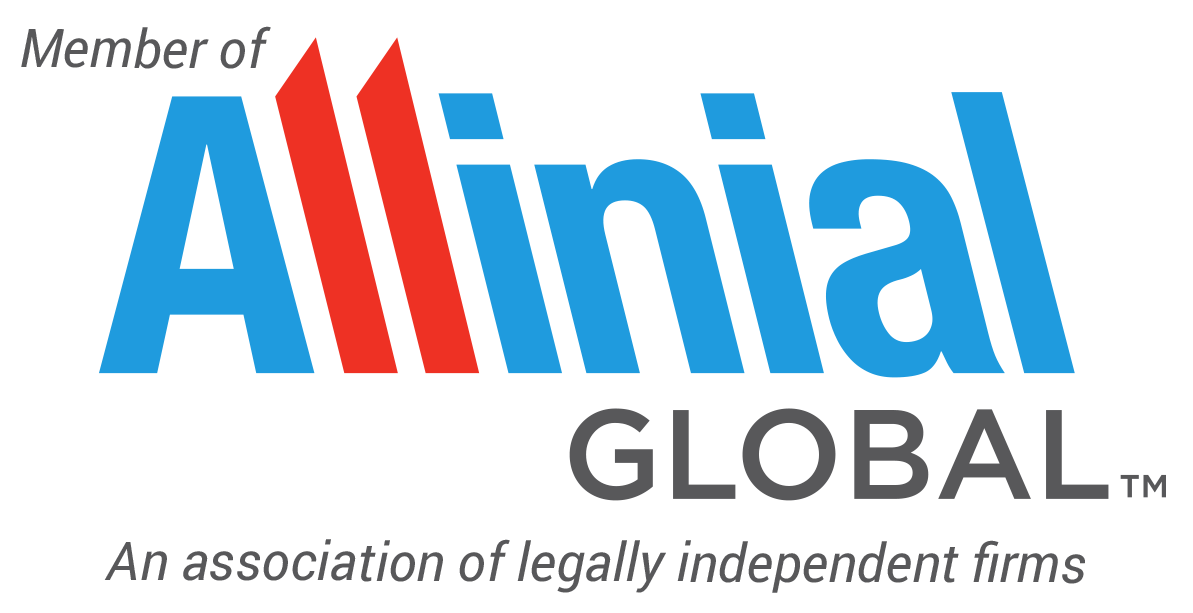On Monday, December 15th, a bipartisan group of Senators proposed two stimulus bills totaling $908 billion in coronavirus relief. One bill contained $748 billion of relief, primarily for small businesses and unemployed individuals. The other bill would have provided $160 billion to state and local governments. Currently, it looks as though these two bills will be replaced by a single $900 billion relief bill. The details of the new bill have not been made public; however, it is likely to include many of the first bill elements focusing on small business and unemployment aid. Because congressional leadership has tied the COVID relief package to the omnibus spending bill to fund the government for another year, congress has a midnight deadline of Friday, December 18th, to pass a bill to prevent a government shutdown. Here is what we know the bill is likely to include.
The primary emphasis of the relief bill is to provide funding for small businesses and unemployed individuals. However, there is also relief aimed towards public health, nutrition, and education. The bill would provide approximately $300 billion to the Small Business Administration to give the hardest hit small businesses a second forgivable Paycheck Protection Program (PPP) loan. Small businesses with 300 or fewer employees who sustained a 30% revenue loss would be eligible in any quarter of 2020. This round of PPP loans would be more forgiving from a tax perspective. Business expenses paid for with the proceeds of this second round of PPP loans would be tax-deductible. Additionally, forgivable costs would be expanded to include investments in facility modifications, personal protective equipment, and supplier costs.

The bill would also provide substantial unemployment assistance as well as a second stimulus check. The bill would most notably extend all pandemic unemployment insurance programs and increase federal supplemental unemployment insurance benefits for 16 weeks each. Additionally, there is likely to be another stimulus check of $600 to individuals who fall below a certain income threshold. The bill would extend the student loan forbearance programs created in the CARES Act through April 1, 2021. These programs suspend loan payments, stop collections on defaulted loans, and set interest rates at 0%.
It is too early to know what the bill will look like in its final form. However, both parties are committed to passing legislation to provide relief to small businesses and unemployed persons to combat the coronavirus pandemic’s economic toll on our nation. ATKG is committed to keeping you apprised of the latest developments.
